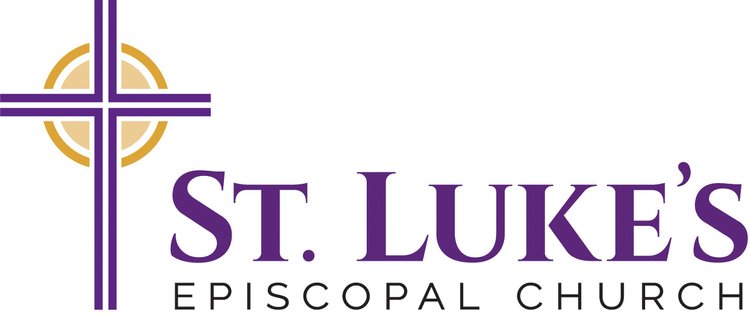Lead with Love
Friends,
Last decade I was a new clergy person, and I thought I knew a lot about Church, Christianity and stuff, and I was determined to remain jaded when it came to the business end of Church. Me and many of my peers that were required to go to monthly new-clergy classes at the Diocese of Atlanta were extremely dismayed to find our required text as something widely embraced by the business community. We felt comfortable with abstract theological ideas, biblical exegesis, and every esoteric bit of pretentious liturgical trivia, but we were down right disgruntled when we were given Ronald Heifetz’s book The Practice of Adaptive Leadership and told we’d be studying it for two years.
Bishop Rob Wright commended all clergy in the diocese to read it, and tried, quite successfully, to make buzz about the book around the diocese. A few of my new clergy peers let their disdain for the book be known at every opportunity, and many of us felt that something that is read in business schools has no place in Churches. Bishop Wright must have heard similar grumblings, because in his addresses to the entire diocese he often used the ideas within the book to talk about Jesus’s ministry. The book isn’t talking about something new, but is describing what good leadership looks like, and of course we should see Jesus in the text, because Jesus was a good leader. If I remember correctly, the Bishop argued that Heifetz could give us language and structure to the type of leadership we heard about in scripture. Personally, I hated the book. It was boring, but the longer I worked in Churches, the more I realized that Bishop Wright was right.
Shortly after I left the Diocese of Atlanta for the Diocese of Southwestern Virginia, there was a big convention and Bishop Wright got Heifetz to be the keynote speaker. Everyone expected Heifetz to go into the talk heavy with his theories and work, after all Bishop Wright had been championing this guy for years, and had largely convinced us that he wouldn’t turn us into corporate Church zombies or something like that. When Heifetz got up to the podium, he emphasized that all of it is worthless if you don’t love your people. It doesn’t matter how well you understand the dynamics of leadership, maneuver through political minefields or strive to bring about adaptive change if you don’t start by loving your people. One of the largest and wealthiest dioceses in the Episcopal Church took a risk and brought in a secular academic, and ended up getting the Gospel. It was beautiful.
In the process of learning about adaptive leadership, trying to be a leader, failing, learning, and doing it all over again has given me this weird sense that working with people is innately sacred. Those of us in religious institutions can point to the ills of corporate America, and say, “what about that?!” Honestly, they can do the same thing to us. The corporate and religious worlds are both guilty of terrible evils that have marginalized people through embracing evil taboos, using power to abuse the vulnerable, or keeping people poor for better profit margins. When people gather together all sorts of weird, wonderful and terrible things come out. This is true in board rooms and in vestry meetings. When these settings are void of love for each other and a love for the task at hand, then draconian, cruel, selfish and sometimes downright odd things can manifest. Working with people is innately sacred not due to our strength or righteousness, but because we are fragile and can lose our humanity when we are led without love.
All of this was the train of thought I had last night, when the endowment committee and I met with some big wigs from the Episcopal Church Foundation. If you didn’t know, our endowment has crossed a significant threshold. We recently surpassed over half a million dollars, which means that according to our rules, we can start using some of those funds to support our outreach efforts and building projects. I have heard stories about how massive endowments have killed Churches. The endowments grew so much that the Churches didn’t need to try anymore. They have huge, beautiful buildings, but with no one in them. The endowment pays for the staff and for upkeep, but not much happens within the building. Seeing examples like this made me terrified of endowments. I knew that I wanted them to stay out of operating budgets, so we’d never be in a position where we didn’t have to try, and functionally I always tried to pretend they weren’t there. Last night I heard stories about how well-functioning endowments are extensions of relationships, and tools that do tangible good in our Church and in the world. I assumed that endowments were one of the necessary things that I was determined to be jaded toward for the duration of my ministry. But, just like that new clergy class about adaptive leadership all of those years ago, I think I may be convinced that if approached with love, this might be a good thing.
We’ll see what happens. The endowment committee has recently been revamped and is up and running. They are doing great work in doing their homework to decide how to proceed. I don’t think they are ready to put anything out, but I am ready to say that I am officially curious, if not a bit excited to see what is in store. I hope you share in my excitement as we see how we can work together with the hope that we can be good stewards of this community that God has given us.
-Nick
